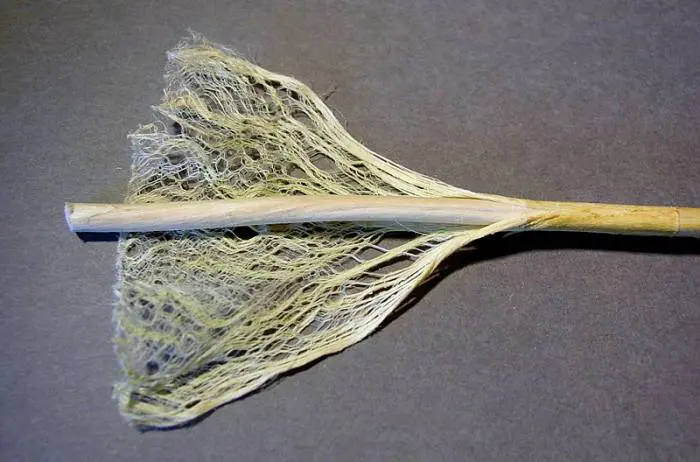THE SCIENCE
ZyloTex® is pioneering the use of Canadian-grown hemp as feedstock for lyocell, creating a Canadian supply of next-generation fibres. By combining local agriculture with the sustainable lyocell process, we are advancing a stronger, cleaner materials future.
The ZyloTex® Process

1. Proprietary Lignocellulosic Feedstock
Our process begins with a proprietary lignocellulosic feedstock process, transforming raw hemp stalks into clean, uniform fiber feedstock. Using advanced separation technology developed with Plantae Technologies, we isolate the valuable outer fibers from the inner core, creating a consistent, high-quality material ready for conversion into lyocell.
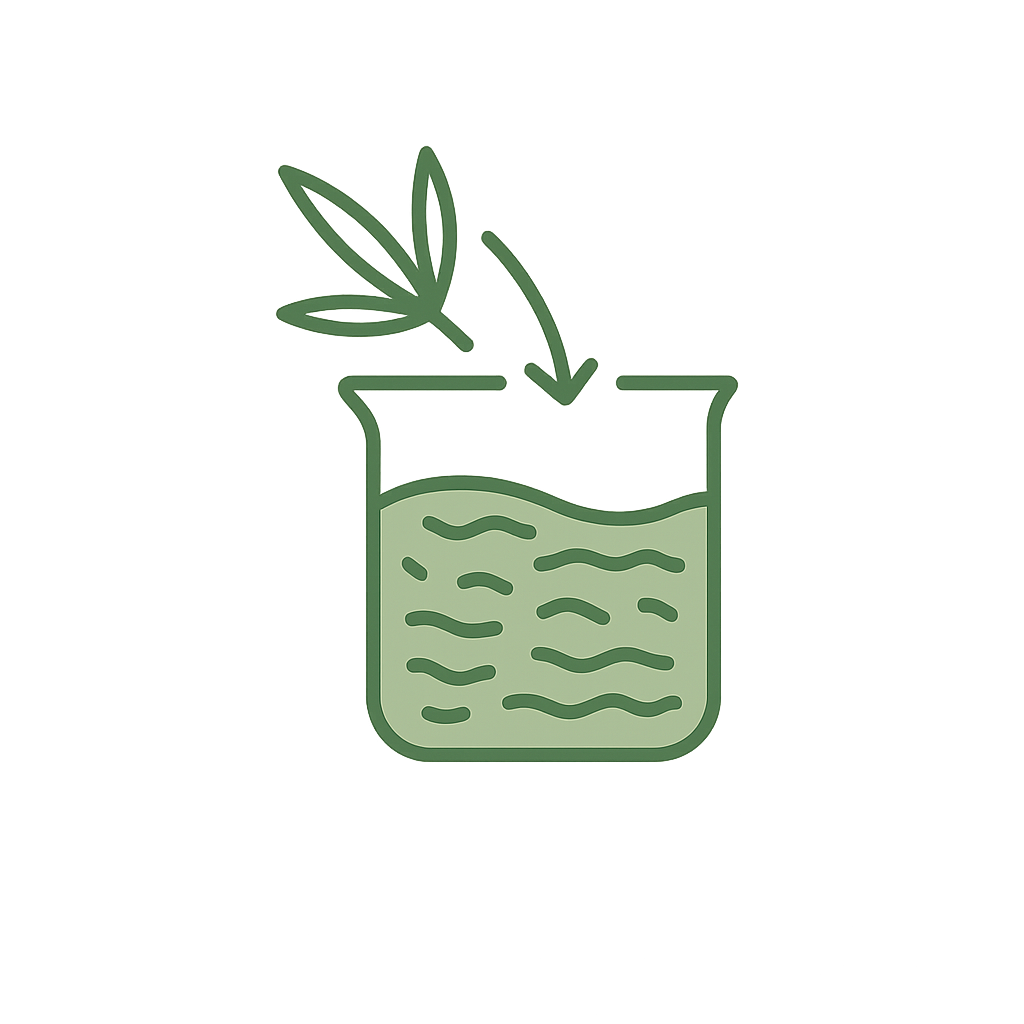
2. Refining to ZyloPulp™
Next, we refine the fibers through an environmentally responsible closed-loop process. This step removes unwanted components like lignin and hemicellulose, leaving us with ZyloPulp™ — a cellulose-rich material engineered for lyocell production.

3. Preparing the Spinning Solution
In this stage, ZyloPulp™ is dissolved into a safe, closed-loop solvent system to form a uniform cellulose solution. This solution becomes the foundation for spinning next-generation lyocell fibres, ensuring purity, consistency, and sustainability at every step.

4. Spinning ZyloTex™ Fibre
Through precision extrusion and closed-loop recovery, we spin ZyloPulp™ into ZyloTex® fibres. Each filament is engineered for strength, softness, and performance, delivering a premium alternative to both conventional and high-performance textiles.
Hemp is uniquely positioned to power Canada’s bio-based materials future. Both the bast (outer fibre) and the hurd (inner core) can be refined into lyocell, delivering more value from a single crop. This versatility allows hemp to produce yarns and fabrics that combine softness, durability, and technical performance.
Grown widely across the Prairies, hemp thrives in Canadian conditions, requires fewer inputs, and generates abundant agricultural residues that are often underutilized. By harnessing this resource, ZyloTex® is building a made-in-Canada supply of sustainable, high-performance fibres — turning local fields into global textile innovation.
What is lyocell?
Lyocell is a regenerated or manmade cellulosic fibre (MMCF), which means it is derived from a natural, renewable cellulosic source but is manufactured through a chemical process. Like other MMCF production (e.g., viscose), the lyocell process dissolves cellulosic material in a solvent to purify the pulp before it is spun into a continuous, filament fibre. However, it has an environmental advantage as the n-methyl morpholine-N-oxide (NMMO) solvent is over 99% recoverable and less harmful to people and the environment compared to the traditional viscose process.
The lyocell process can also utilize post-consumer cellulosic textiles as feedstock. By recycling these textiles via the lyocell process, cellulosic textiles can be diverted from landfill, thereby contributing to a circular textiles economy.
The magic of hemp and lyocell
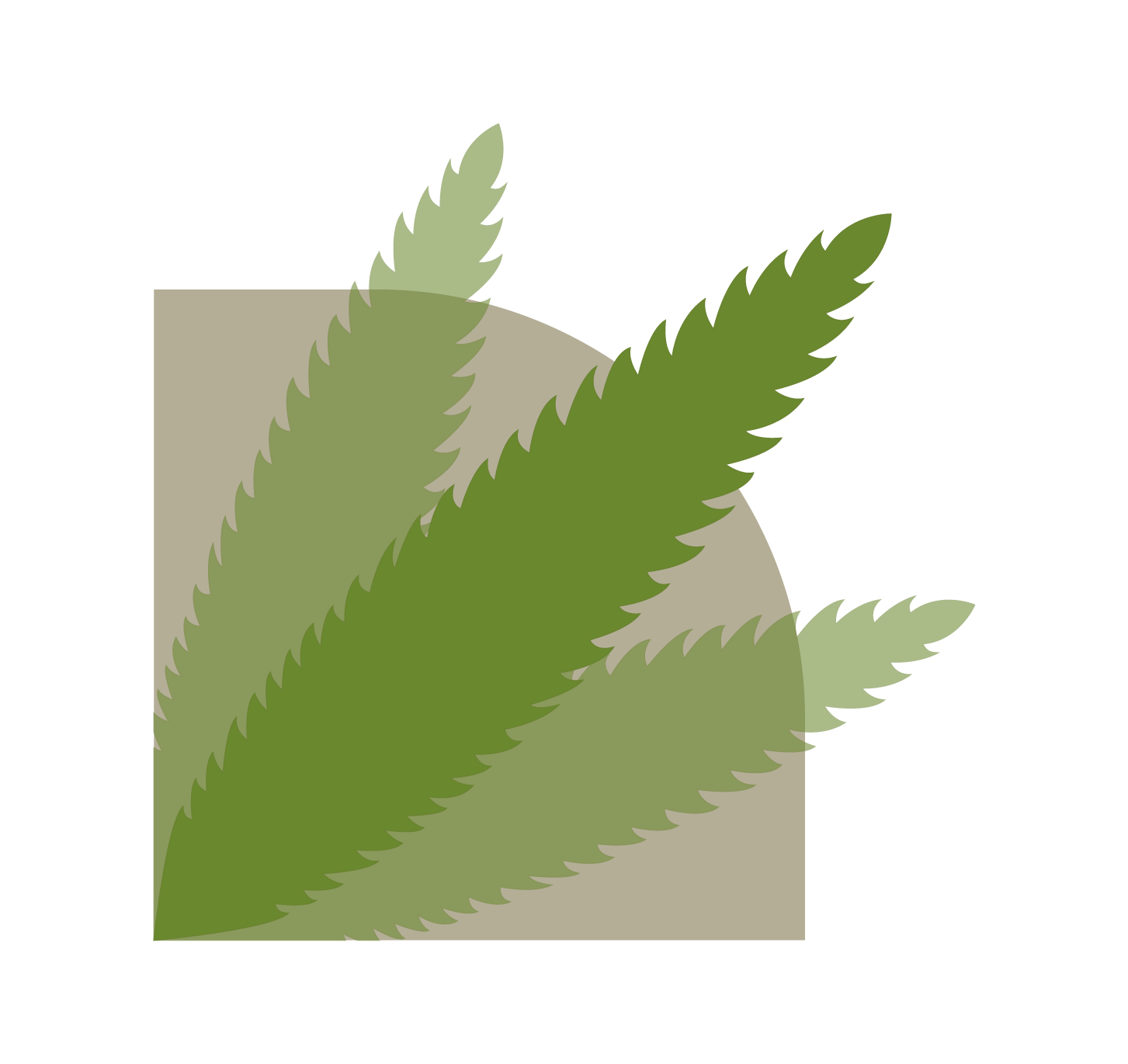
Traditional sources of MMCF include wood pulp, eucalyptus, and bamboo. However, the use of these feedstocks has been linked to the deforestation of endangered and old growth forests. By incorporating both the bast and hurd (often considered a waste in hemp production) into our dissolving pulp, we assist in whole plant utilization, and avoid any environmental issues related to deforestation.

Hemp requires less water, fertilizers, pesticides, and herbicides compared to other conventional fibre crops like cotton. In addition, hemp cultivation assists in carbon dioxide sequestration, making it an environmentally conscious crop. Approximately 22 tones of CO2 per acre of hemp can be sequestered due to Alberta’s long daylight hours and the plant’s rapid growth (up to 7-10 cm per day!).

Utilizing locally grown hemp as a feedstock allows ZyloTex® to offer the first domestic source of lyocell fibre in Canada.

Stay up to date with ZyloTex®
Read the latest news and developments from the ZyloTex® team.

Reimagining Textiles: How ZyloTex® and Co-Founder Lelia Lawson Are Building Canada’s Sustainable Fiber Future
Reimagining Textiles: How ZyloTex® and Co-Founder Lelia Lawson Are Building Canada’s Sustainable Fiber Future By Rafiq Omair(Read the Original Post
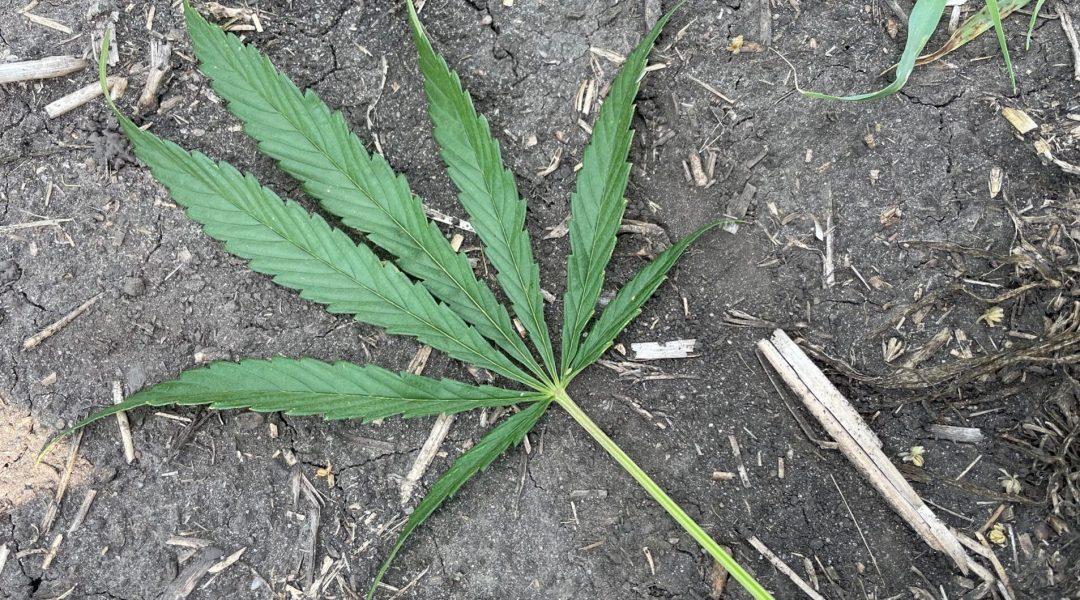
🌿 Reclaiming Hemp: How the World Forgot Its Most Useful Crop
Reclaiming Hemp: How the World Forgot Its Most Useful Crop By Lelia Lawson, Founder & CTO, Zylotex Inc. I have
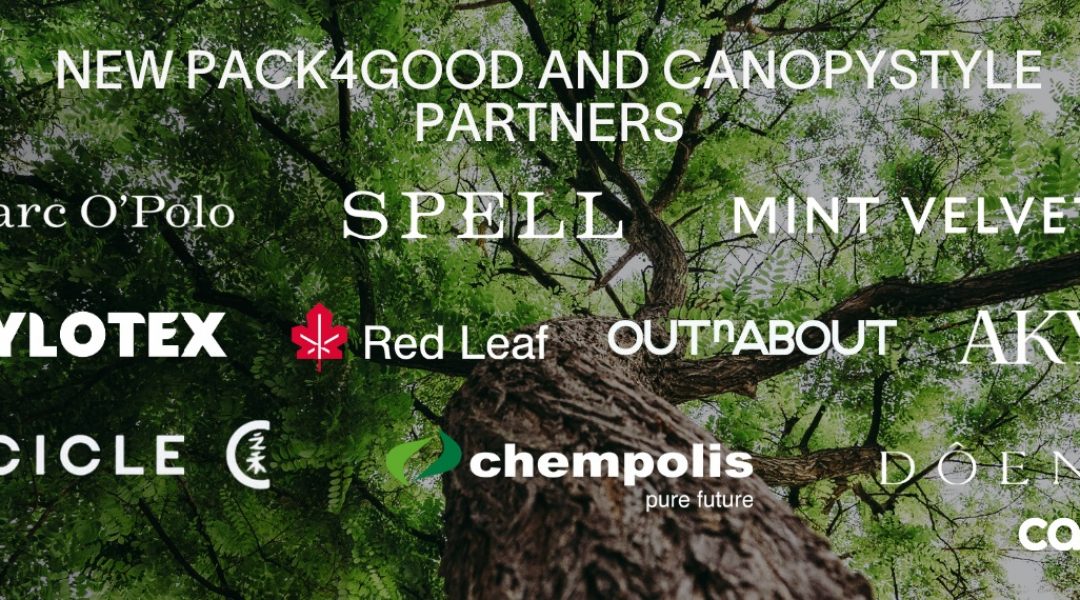
Zylotex and Canopy Collaborate to Keep Deforestation Out of Fashion
November 25 2025, Global — Today, Zylotex joined Canopy’s Pack4Good and CanopyStyle initiatives, alongside ten other leading companies and
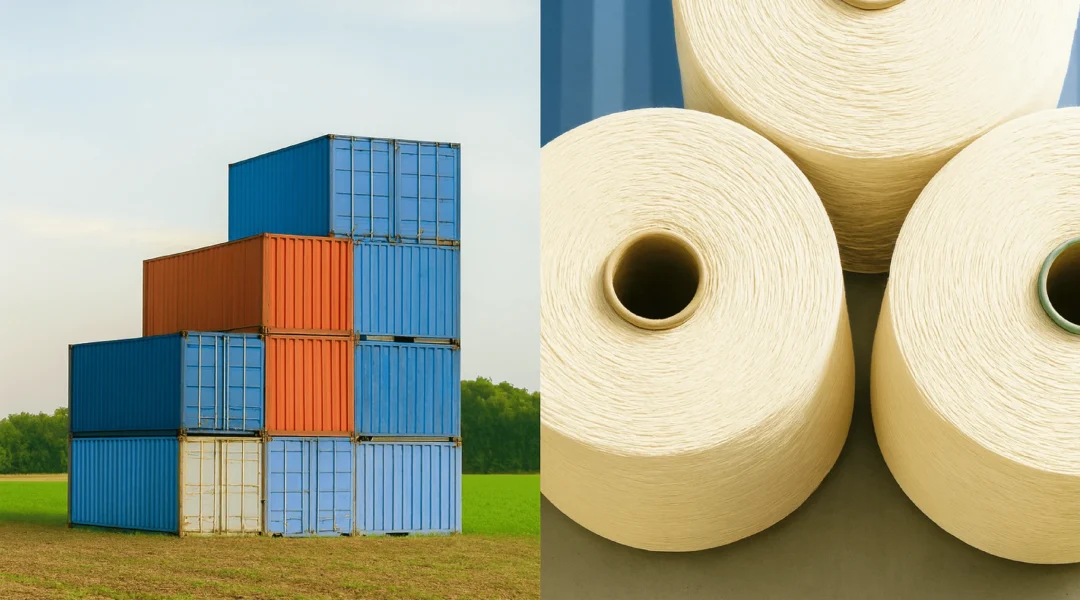
Why Zylotex Is the Answer, Part 3: Resilient, Sustainable, Canadian
The textile industry is searching for solutions that address supply chain resiliency, cotton alternatives, and synthetic fiber replacements while reducing
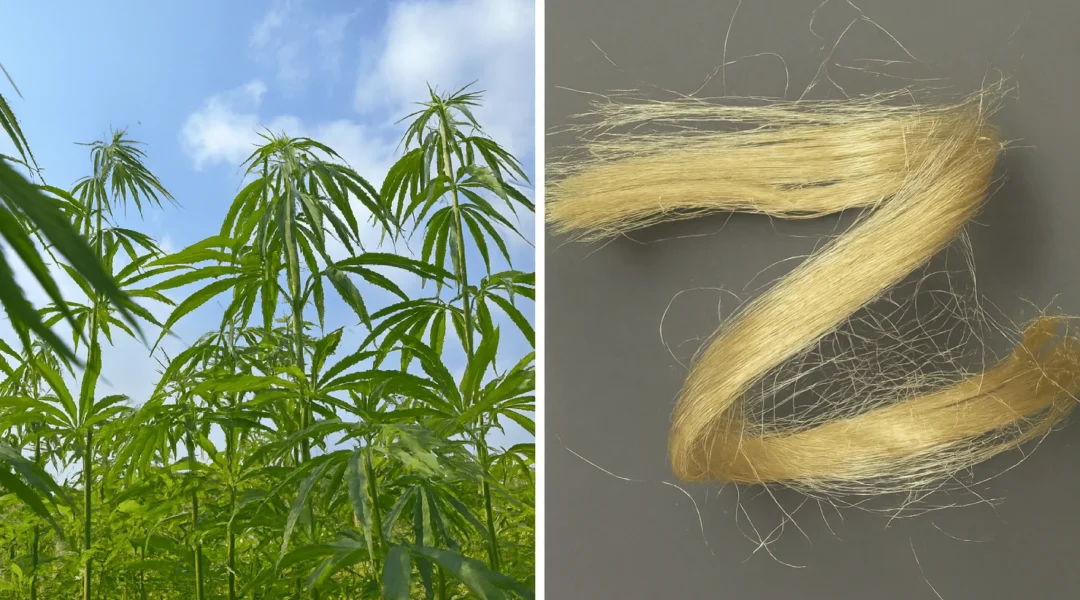
Why Zylotex Is the Answer, Part 2: Hemp + Lyocell — Building the Sustainable Fiber of the Future
The future of textiles lies in next-generation fibers that combine performance, scalability, and sustainability. One of the most promising innovations

Why Zylotex Is the Answer, Part 1: The Global Fiber Crisis and Why Cotton & Synthetics Can’t Keep Up
The global textile industry is facing a fiber supply crisis. With demand for textiles and nonwovens rising every year, the
